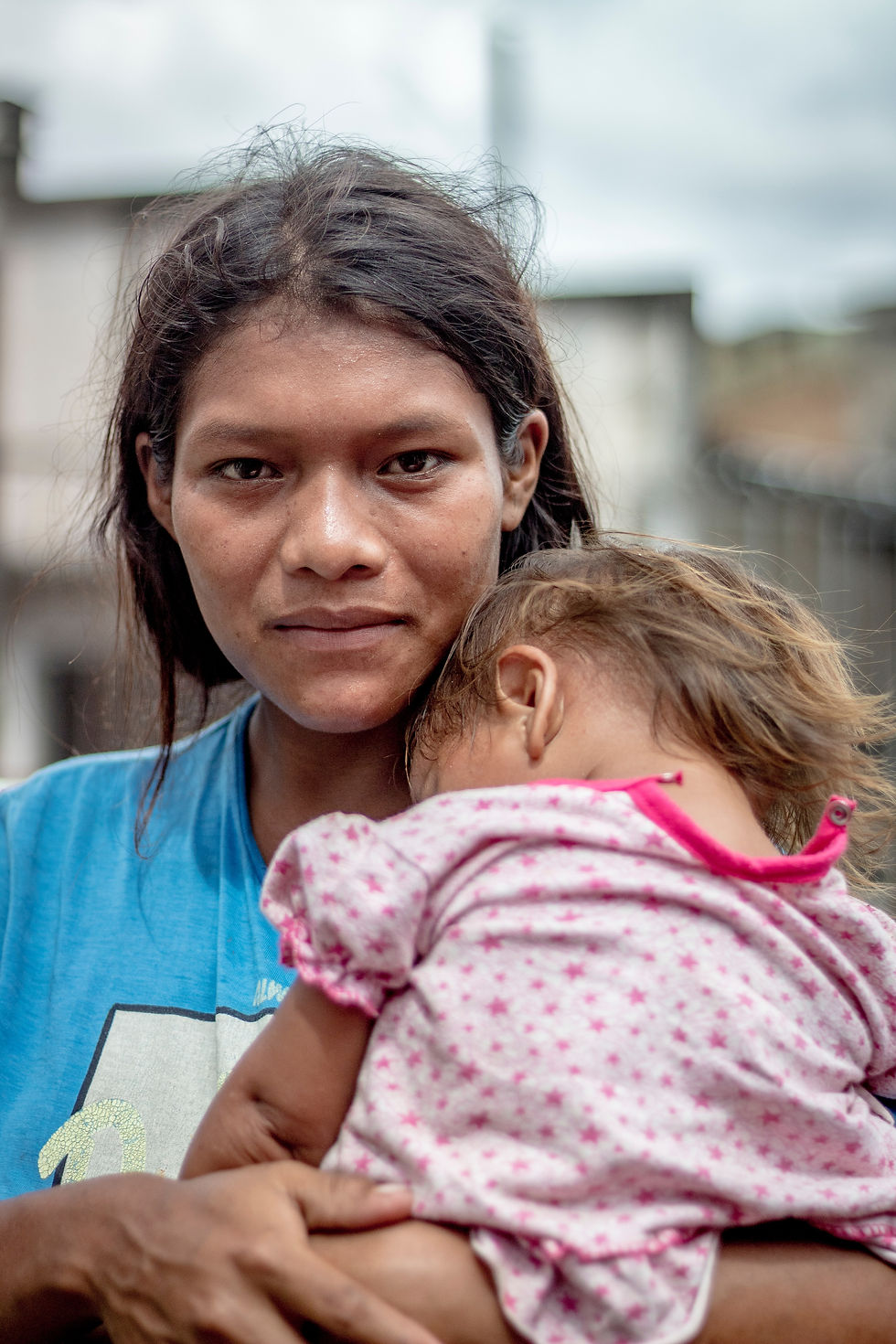Coping After a Natural Disaster: Supporting Yourself and Your Young Children
- Oct 7, 2024
- 2 min read
Updated: Jan 24
Experiencing a natural disaster can be overwhelming for both children and adults. Coping in the aftermath requires nurturing your well-being and providing comfort and support for your little ones. Here are some ways to navigate this challenging time:
Taking Care of Young Children

Offer Comfort and Reassurance: Children often feel insecure after a disaster. Provide physical comfort through hugs, holding, and soothing words. Remind them they are safe and loved.
Maintain Routines: Stability in daily routines like meal and nap times can offer children a sense of normalcy. If your usual routine is disrupted, try to create a new rhythm that is comforting.
Express Emotions: Encourage children to express their feelings through play, storytelling, or drawing. Young children often use play as a way to process their experiences and emotions. Provide toys, paper, and crayons to help them express themselves.
Incorporate Cultural Practices: Use culturally significant activities to help children connect with their roots and find comfort. Traditional storytelling, drumming, and smudging ceremonies are grounding practices that can help children feel a sense of connection and safety.
Create a Safe Space: Set up a small, cozy corner where children can retreat to if they feel overwhelmed. Include their favorite toys, blankets, or other comforting items.
Taking Care of Yourself
Acknowledge Your Feelings: It's normal to feel a range of emotions, from sadness to frustration. Give yourself permission to feel these emotions and seek support from friends, family, or mental health professionals.
Practice Self-Care: Taking care of yourself is crucial when you're supporting young children. Find moments to rest, hydrate, eat balanced meals, and take deep breaths.
Connect with Your Community: Lean on your community for emotional support. Participate in cultural or community gatherings, which can provide a collective space for healing. Traditional practices like talking circles or communal meals can foster a sense of unity and shared strength.
Engage in Grounding Activities: Practices such as meditation, prayer, or cultural rituals (like smudging with sage) can offer moments of peace and help calm anxiety.
Celebrate Small Wins: Finding joy and positivity in small things, like a family meal or time spent outdoors, can offer a sense of normalcy and hope.
Remember, taking care of yourself is key to supporting your child effectively. By incorporating both everyday care and culturally significant practices, you can help your family navigate the aftermath of a disaster with resilience.
